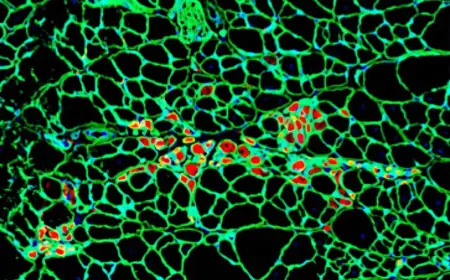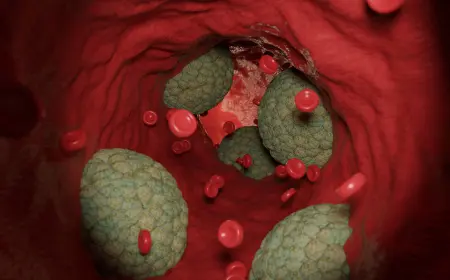Scientists Identify a Rare Mutation That Damages the Kidneys

Science Immunology (Scim): Mutation in RIG-I receptor causes the immune system to attack the kidneys
Researchers at the University of Bonn have discovered that a mutation in the immune receptor RIG-I turns the body’s defense system against itself, triggering severe autoimmune symptoms, including kidney damage. The study was published in Science Immunology (Scim).
RIG-I is a key component of the innate immune system that recognizes viral RNA and activates antiviral defense. Scientists found that the RIG-I E373A mutation makes the receptor hypersensitive — it mistakenly recognizes the body’s own RNA as viral.
Mice carrying this mutation spontaneously developed lupus-like nephritis — severe inflammation of the kidneys. Unlike classic lupus, this inflammation was directly caused by abnormal activation of RIG-I. The researchers discovered that a short noncoding RNA, known as Y-RNA, which is produced in large amounts in the kidneys, acts as a “false alarm,” binding to the mutant receptor and triggering inflammation.
Abnormal activation of RIG-I led to the release of interferons and chemokines, attracting immune cells and worsening tissue damage. Blocking the CCR2 signaling pathway, which recruits monocytes, significantly reduced inflammation in mice, suggesting a potential therapeutic approach.
Mutations in RIG-I are associated with rare genetic disorders, including Singleton–Merten syndrome and systemic lupus erythematosus. The findings shed light on how such immune system mutations selectively damage organs and could serve as a foundation for developing targeted therapies aimed at mutant RIG-I or its interaction with Y-RNAs.



























